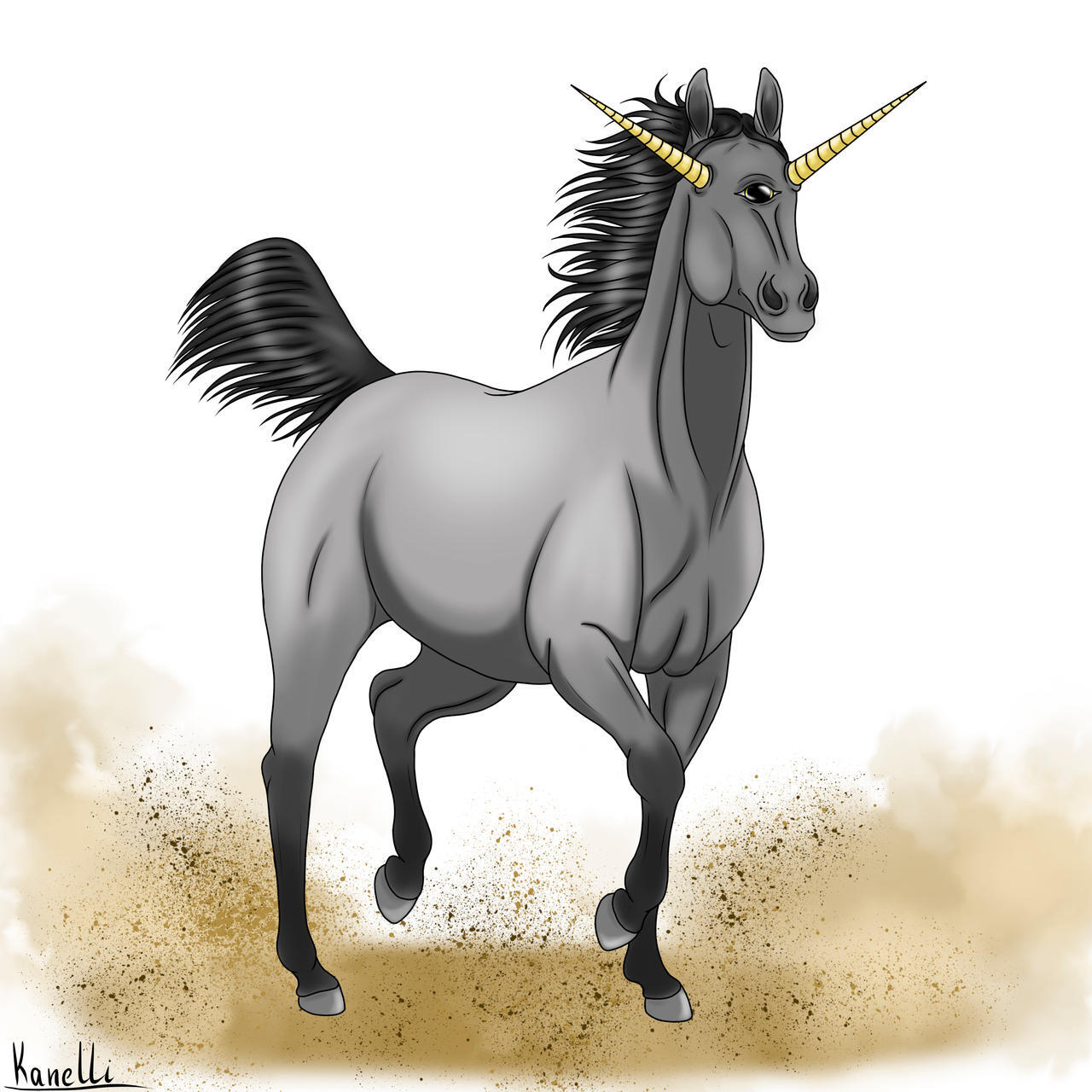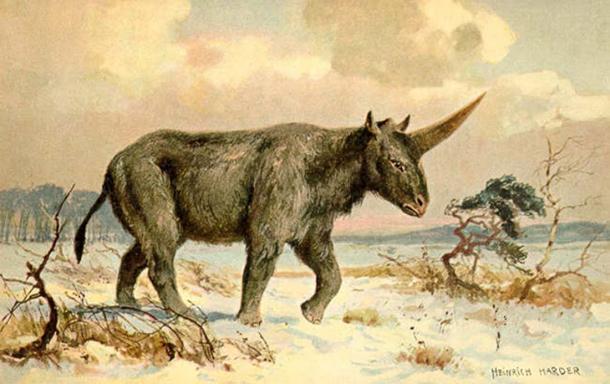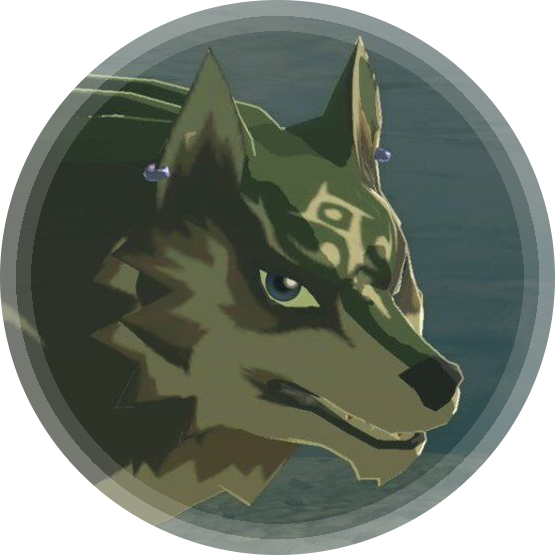That means we could also use bicorn, tricorn, etc.
Bicorniclops:

Wait until you hear about bicycles.
Is that like a unicycle but with two wheels?
They’re for bisexuals
deleted by creator
You made me spit out my tea
To me it sounds more like unique-horn.
this is the answer
Wait until you find out the depth of creativity contained in the naming of the “rhinoceros”.
The word rhinoceros is derived through Latin from the Ancient Greek: ῥῑνόκερως, which is composed of ῥῑνο- (rhino-, “nose”) and κέρας (keras, “horn”) with a horn on the nose. The name has been in use since the 14th century.[8]
Little harder than uni and corn but still good
To be fair, it’s a little easier if you’re in the medical field, because rhino- is actually used as a medical prefix
An ear, nose, throat doctor’s full title is actually Otorhinolaryngology
Means you can make up your own animals with horns in silly places and in arbitrary numbering:
Tesseracephaceros, for example. I’m no etymologist but I think he’s got four horns on his head.
In Dutch they are actually called nosehorns
And hippopotamus!
“It was a Unicorn in the same way nanny Ogg was a Unident.”
unicorn (n.) early 13c., from Old French unicorne, from Late Latin unicornus (Vulgate), from noun use of Latin unicornis (adj.) “having one horn,” from uni- “one” (from PIE root *oi-no- “one, unique”) + cornus “horn” (from PIE root *ker- (1) “horn; head”).
The Late Latin word translates Greek monoceros, itself rendering Hebrew re’em (Deuteronomy xxxiii.17 and elsewhere), which probably was a kind of wild ox. According to Pliny, a creature with a horse’s body, deer’s head, elephant’s feet, lion’s tail, and one black horn two cubits long projecting from its forehead. Compare German Einhorn, Welsh ungorn, Breton uncorn, Old Church Slavonic ino-rogu. Old English used anhorn as a loan-translation of Latin unicornis.
also from early 13c.
According to Pliny, a creature with a horse’s body, deer’s head, elephant’s feet, lion’s tail, and one black horn two cubits long projecting from its forehead
That’s a pretty good description of Elasmotherium.

Pliny should have missed the last Elasmotherium by like 100,000 years, though, give or take a few years.
Triceratops
TricornTriceratops already means “Three-Horned Face” =P It’s just Greek instead of Latin.
A eunuch horn is impossible to catch!
Isn’t that just a regular horse?
That’s the penis of a guy with no penis.
The butterfly from The Last Unicorn told us this.
Is that why I’m getting downvoted? Tough crowd.
The post is in the positives so I think you’re ok. If I had to guess on the downvotes though it’s not really a groundbreaking discovery that uni-corn can be broken into two words like that.
28 up 18 down so far!
I always took unicorn as one word, I never thought about the uni part meaning one.
And the pentacorn spoke thus:
Guess I am uncorn
Butt Stallion from Borderlands was a bicorn in fact, not a unicorn














